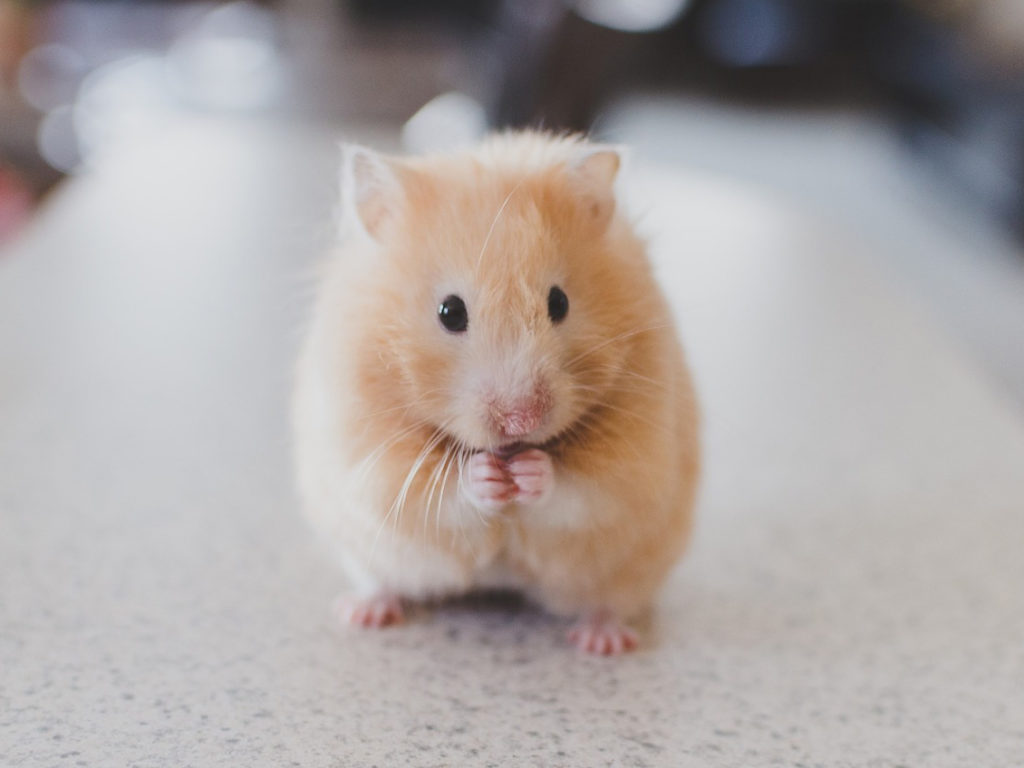Take A Trip On The Wild Side: Ethical Exotic Pet Ownership
The term “exotic pet” encompasses a broad range of animals, loosely meaning any pet that is not a dog, cat, or farm animal.

Dr. Alice Blue-McLendon, a clinical associate professor at the Texas A&M College of Veterinary Medicine & Biomedical Sciences and director of the Winnie Carter Wildlife Center, says that it is also important to differentiate between exotic pets, which can be kept ethically in domestic settings, and wildlife, which should not be kept domestically.
“There are a lot of animals for sale that should not be kept as pets. It is a big problem,” said Blue-McLendon. “Someone is saying an animal makes a good pet doesn’t make that information credible.”
Common exotic pets that can be kept responsibly include pocket pets, such as rabbits, Guinea pigs and hamsters, birds, reptiles, fish, and amphibians. Owners choosing to purchase one of these animals should take into account the proper enclosure requirements, as providing adequate caging is where many owners fall short in properly caring for these animals, according to Blue-McLendon.
“People should spend time researching the needs of animals, looking at different websites, and talking to people who own some of those animals so they really understand what the needs are,” she said. “Being prepared to invest a little bit into big enough caging is important in providing the animal with a decent home.”
Blue says that owners should consider the source through which they obtain their pet when getting any animal, exotic or not. It is important for potential owners to consider whether an animal is bred and housed ethically by the breeder.
“Prospective owners can try to get references from whoever they’re buying the animals from, and buying locally is always really good,” Blue-McLendon said. “Asking questions of the owners, including asking to see where their animals are bred, is a good way to help ensure animals were produced ethically—are they in little, tiny cages? Are they allowed to exercise? Do they have outdoor areas?”
Exotic animals also require specialized care that may differ from the needs of more common pets. Owners should contact local veterinarians before getting a new exotic pet to ensure that the necessary care is available in their area.
“Prospective owners should consider that there could be veterinary expenses in the purchase and the acquisition of any animal,” she said. “More and more veterinarians are willing to see some non-domestic animals, such as pocket pets.”
It also is important for owners to be realistic about their exotic animal choice and to put the needs of the animal over their desire to have an attractive and unusual pet.
Some animals, such as big cats, can’t be kept domestically in an ethical manner.
“It can be easy to succumb to the allure of having a beautiful spotted cat as a ‘pet,’ but they’re just not suited for households,” Blue-McLendon said. “You can’t meet the animal’s needs and a lot of those animals end up in some kind of a sanctuary or they’ll have an unhappy life; they may also be more susceptible to diseases they otherwise wouldn’t contract.”
Just like the decision to purchase any new pet, getting an exotic animal is a major decision and responsibility; therefore, it should be treated as such.
“It’s important to not be spontaneous about the acquisition of any animal. It’s so much more than satisfying human curiosity and human satisfaction,” Blue-McLendon said. “It should be about providing the animal with what it needs for its happiness and welfare.”
Pet Talk is a service of the College of Veterinary Medicine & Biomedical Sciences, Texas A&M University. Stories can be viewed on the web at vetmed.tamu.edu/news/pet-talk. Suggestions for future topics may be directed to editor@cvm.tamu.edu.


